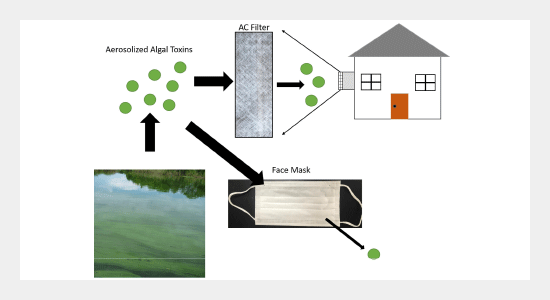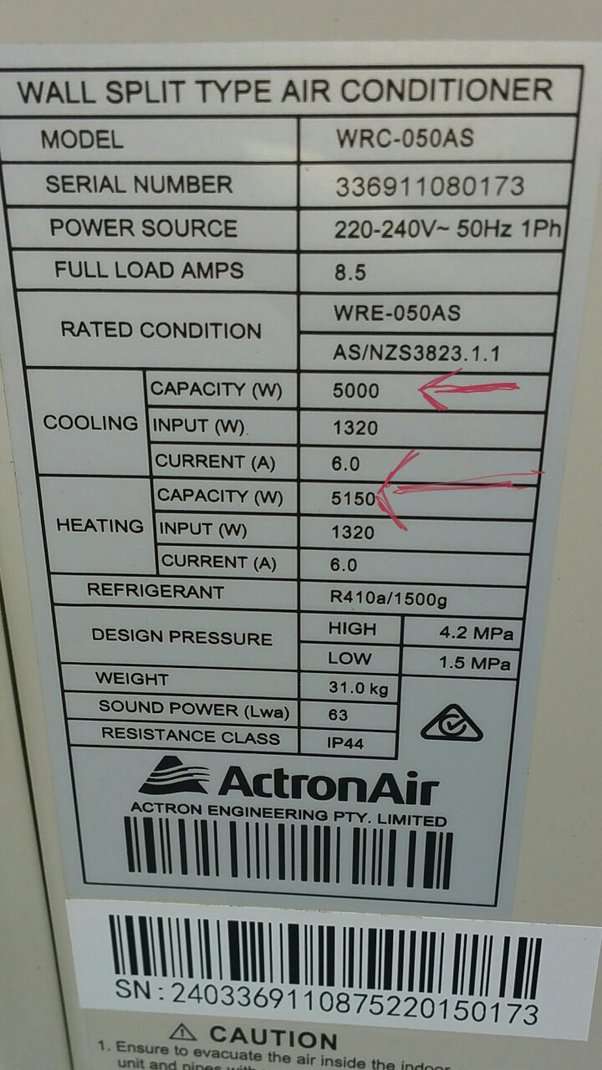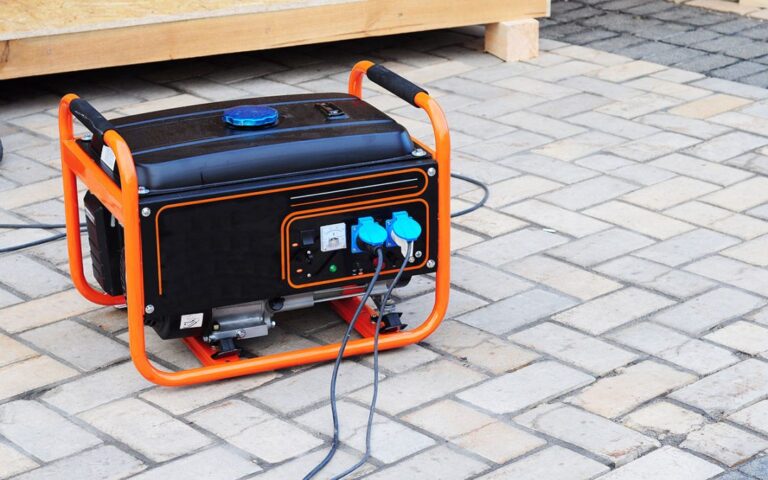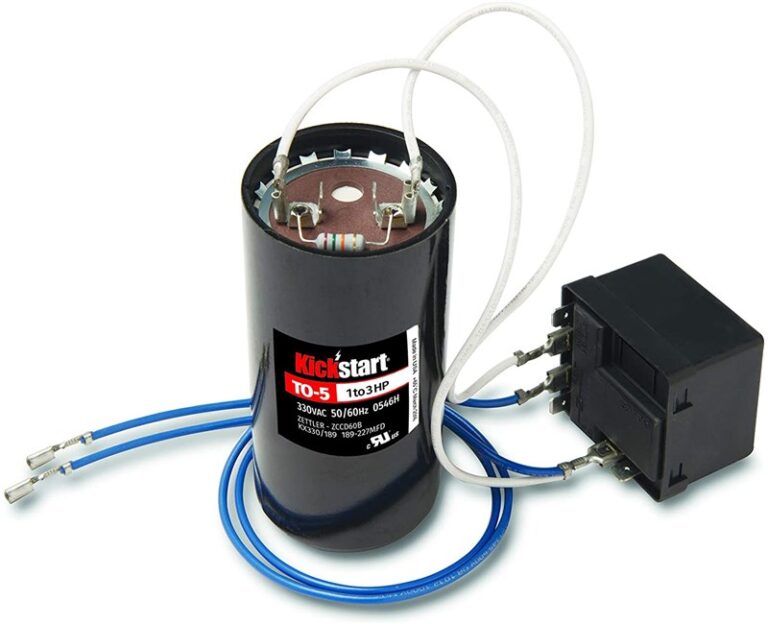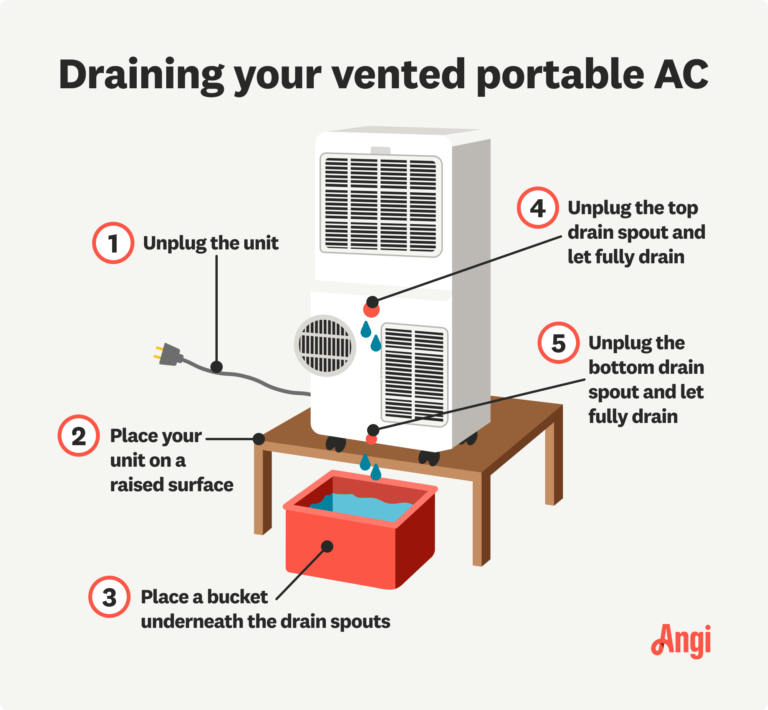Can You Use Air Conditioner Filter For Face Mask: Safety Tips
No, you should not use an air conditioner filter for a face mask. They are not designed for respiratory protection.
Face masks are essential for personal protection, especially during pandemics. While some people may consider using alternative materials for DIY masks, air conditioner filters are not recommended. These filters are not designed to be worn on the face and may contain harmful materials.
They can also restrict airflow, making breathing difficult. Instead, use materials specifically designed for masks, such as cotton or medical-grade fabrics. Proper face masks ensure adequate protection and comfort. Always prioritize safety and effectiveness when choosing materials for face masks.
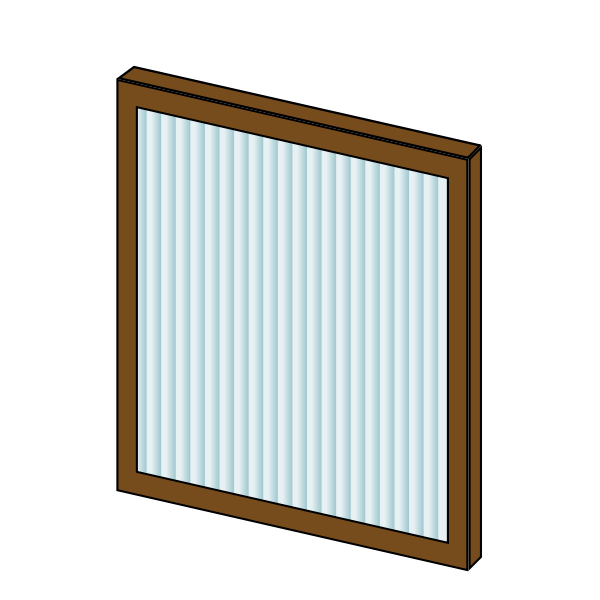
Credit: www.grheat.com
Introduction To Air Conditioner Filters
Air conditioner filters are essential for cooling systems. They trap particles from the air. This keeps the air clean and fresh. But can they be used as face masks?
Purpose And Function
The primary purpose of air conditioner filters is to clean the air. They remove dust, pollen, and other small particles. This improves indoor air quality and protects the cooling system.
Function is key. Filters trap particles before air circulates. This helps reduce allergens and contaminants. Clean air is vital for health and comfort.
Common Materials Used
Air conditioner filters use various materials. Some common materials include:
- Fiberglass
- Polyester
- Paper
- Activated Carbon
Fiberglass is cheap and effective for trapping dust. Polyester is durable and can capture smaller particles. Paper filters are often used for single-use applications. Activated carbon helps remove odors and gases.
Understanding these materials helps determine if they can be used for face masks. Safety and effectiveness are crucial.
Types Of Air Conditioner Filters
Air conditioner filters come in various types. Each type has different qualities. Some are better suited for face masks.
Hepa Filters
HEPA filters stand for High Efficiency Particulate Air filters. They capture 99.97% of particles. These filters trap dust, pollen, and bacteria.
HEPA filters are very effective. They are used in hospitals. This makes them a good option for face masks.
Electrostatic Filters
Electrostatic filters use static electricity. They attract and trap particles. These filters catch dust and smoke.
Electrostatic filters are washable. They can be reused. This makes them cost-effective for many people.
| Filter Type | Efficiency | Reusable |
|---|---|---|
| HEPA Filters | 99.97% | No |
| Electrostatic Filters | High | Yes |
Choosing the right filter is crucial. It ensures safety and efficiency. HEPA filters are very efficient but not reusable. Electrostatic filters are reusable and cost-effective.
Air Conditioner Filters As Face Masks
With the global need for face masks, some people wonder about alternatives. One such alternative is using air conditioner filters as face masks. This idea sounds innovative, but it raises questions about safety and effectiveness.
Potential Benefits
Air conditioner filters are designed to trap particles. They can filter out dust, pollen, and even some viruses. This makes them seem like a good option for face masks.
- High Filtration Efficiency: AC filters can capture tiny particles.
- Availability: Many homes already have spare AC filters.
- Cost-Effective: Using existing materials saves money.
Possible Risks
Despite the benefits, there are significant risks. Air conditioner filters are not designed to be worn on the face.
- Breathing Issues: AC filters can restrict airflow.
- Material Safety: Some filters contain fiberglass or other harmful materials.
- Fit and Comfort: AC filters are not designed to fit snugly on the face.
Given these points, using AC filters as face masks can be risky. It’s important to consider these factors before deciding.
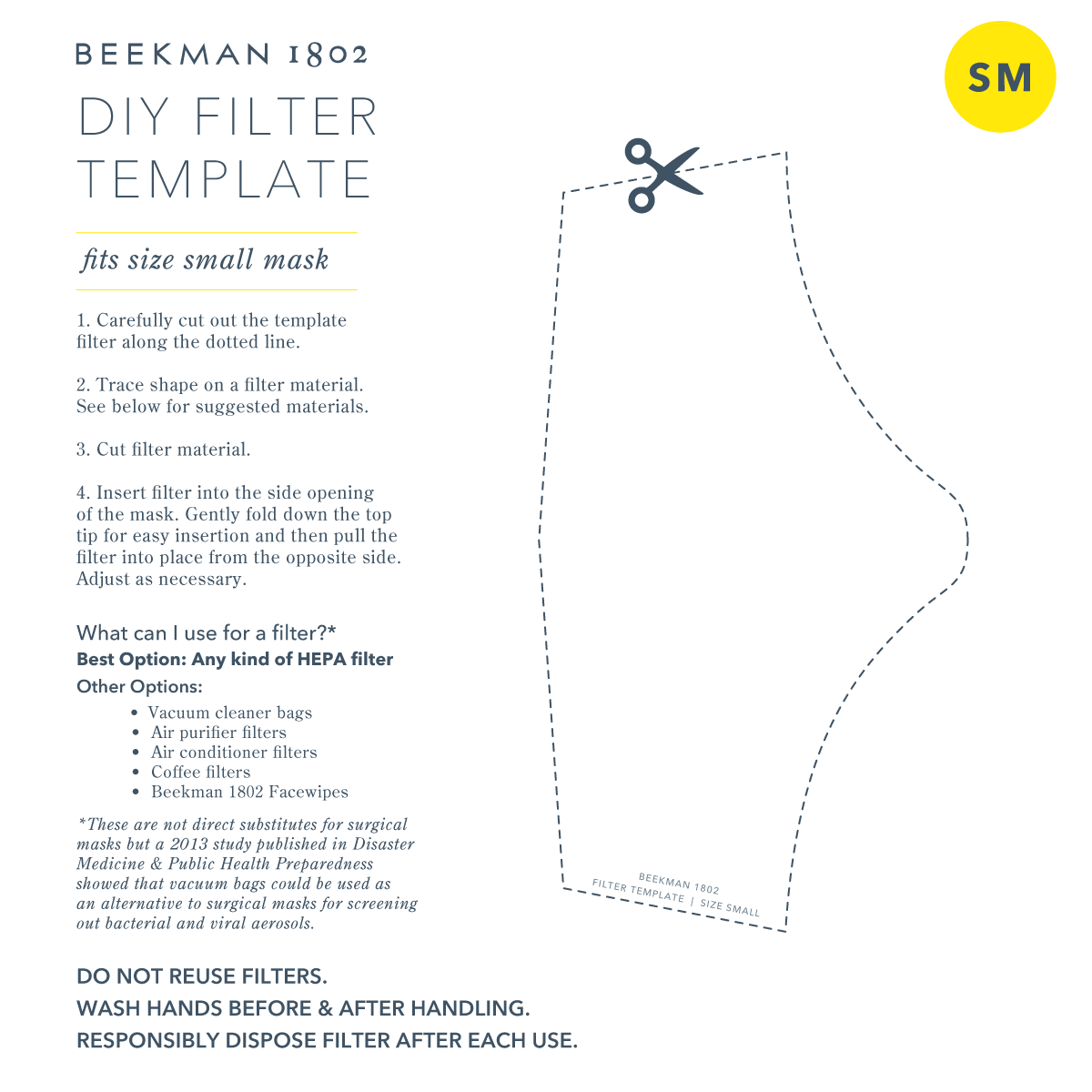
Credit: beekman1802.com
Safety Concerns
Many people consider using air conditioner filters for face masks. It is crucial to understand the safety concerns. This section explores the potential risks.
Toxicity Of Materials
Air conditioner filters often contain chemicals. These chemicals can be harmful to humans. Fiberglass is a common component in these filters. Fiberglass particles can irritate the lungs. Activated carbon is another material found in some filters. It can release harmful gases when inhaled.
A table of common materials and their risks:
| Material | Potential Risk |
|---|---|
| Fiberglass | Lung irritation |
| Activated Carbon | Harmful gas release |
| Antimicrobial Coatings | Allergic reactions |
Breathability Issues
Air conditioner filters are not designed for breathing. They can make it hard to breathe. Breathability is crucial for face masks. It ensures that you get enough oxygen.
Possible breathability issues include:
- Restricted airflow
- Increased breathing effort
- Potential suffocation risk
Using these filters can lead to discomfort. It can also cause dizziness or fainting.
Effectiveness Against Particles
With the rise of DIY face masks, people seek alternatives for effective protection. One option is using air conditioner filters. How effective are these filters against particles?
Filter Efficiency
Air conditioner filters are designed to trap dust, pollen, and other particles. They are rated using the MERV scale, which measures their ability to filter particles of different sizes.
| Filter Type | Particle Size Efficiency |
|---|---|
| MERV 1-4 | < 20% of particles 3.0-10.0 microns |
| MERV 5-8 | 20%-70% of particles 3.0-10.0 microns |
| MERV 9-12 | 70%-90% of particles 3.0-10.0 microns |
| MERV 13-16 | > 90% of particles 3.0-10.0 microns |
Comparison With N95 Masks
N95 masks are the gold standard for filtering particles. They are designed to filter at least 95% of airborne particles down to 0.3 microns.
- N95 masks filter 95% of 0.3-micron particles.
- High MERV filters (13-16) filter over 90% of larger particles (3.0-10.0 microns).
Though high MERV filters can trap many particles, they are not as effective as N95 masks for smaller particles. N95 masks offer superior protection due to their fine filtration capabilities.
Proper Usage Guidelines
Air conditioner filters can be used for face masks, but careful guidelines must be followed. These guidelines ensure safety and effectiveness. Below are the steps and tips for using AC filters in face masks.
Diy Mask Construction
To make a DIY mask using an air conditioner filter, follow these steps:
- Cut the filter into the desired mask shape. Ensure it covers your nose and mouth.
- Attach straps to the mask. Use elastic bands or fabric ties.
- Add a cloth layer on both sides of the filter. This adds comfort and extra filtration.
- Secure the edges using a sewing machine or strong adhesive. Make sure there are no gaps.
Cleaning And Maintenance
Proper cleaning and maintenance of your DIY mask are crucial. Follow these tips to keep your mask effective:
- Do not wash the filter material directly. It may lose its filtering properties.
- Replace the filter regularly. A weekly replacement is recommended.
- Clean the outer layers of the mask with soap and water.
- Dry the mask completely before reusing. Use sunlight or a dryer.
Using an air conditioner filter for a face mask can be effective. Follow these guidelines for best results. Stay safe and healthy!
Expert Opinions
Many people wonder about using air conditioner filters for face masks. Experts have shared their thoughts on this issue.
Health Professionals
Health professionals have voiced their concerns regarding air conditioner filters for masks. Doctors emphasize that air conditioner filters are not designed for breathing protection. They may not filter out small particles like viruses. This could lead to reduced effectiveness in preventing infections.
Nurses also worry about potential skin irritation. Air conditioner filters might contain chemicals harmful to the skin. Prolonged use could cause rashes or allergies.
Engineering Experts
Engineering experts also share valuable insights on this topic. Engineers point out that air conditioner filters are not made for face masks. The materials used may not be safe for direct contact with the skin.
Moreover, engineers highlight that air conditioner filters could restrict airflow. This may make breathing difficult, especially for long periods. They advise against modifying filters for mask use.
| Expert Group | Concerns |
|---|---|
| Health Professionals |
|
| Engineering Experts |
|
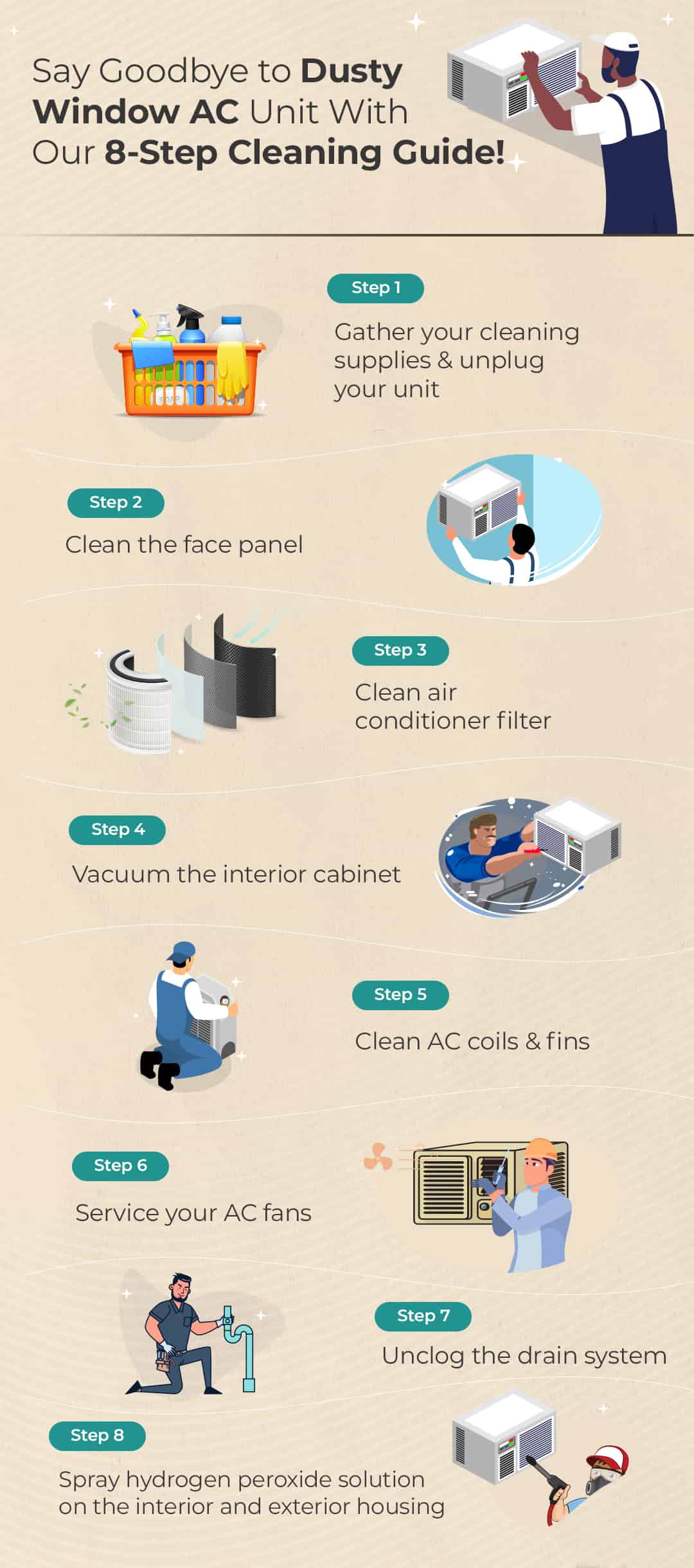
Credit: cielowigle.com
Frequently Asked Questions
What Can You Use As A Filter In A Face Mask?
You can use coffee filters, paper towels, HEPA filters, or vacuum cleaner bags as face mask filters.
How Do You Face An Air Conditioner Filter?
To face an air conditioner filter, ensure the arrow on the filter points towards the unit. This ensures proper airflow.
Should I Have A Filter In My Face Mask?
Yes, using a filter in your face mask enhances protection by trapping smaller particles. It adds an extra layer of safety.
Conclusion
Using an air conditioner filter for a face mask is not recommended. These filters are not designed for safety against viruses. Instead, opt for masks specifically made for protection. Prioritize your health and choose proper face masks. Always consult health guidelines for the best practices.
Stay safe and informed.

